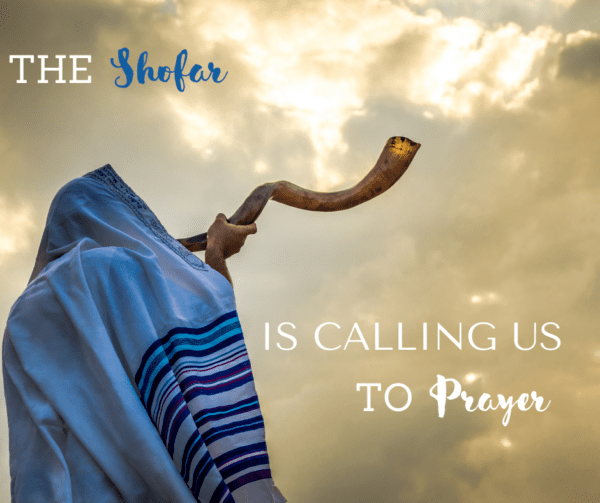
The month of Elul is the 6th month of the Jewish year and the month that immediately precedes the month of Tishrei, when the Bible commands us to celebrate a variety of holidays: Rosh HaShana (the Jewish New Year), Yom Kippur (the Day of Atonement) and Succot (the Feast of Tabernacles). Yet, the month of Elul is more than simply the month we spend preparing lavish meals, buying new clothes, and look forward to our time in the synagogue. According to Jewish tradition, Elul is an auspicious month of personal change and spiritual renewal, used for preparation for the High Holy Days.
Beginning on the 1st of Elul, we blow the shofar, a ram’s horn, in the synagogue each morning. A short series of three different sounds, reminding us of the approaching Festival of Trumpets, another name for Rosh HaShana (Numbers 29:1). The word “shofar” shares a similar root with the Hebrew word meaning to improve. Accordingly, the shofar blows serve as a spiritual wake-up call, reminding us that the time has come to begin to work on improving our character traits, our relationships with others, and our relationship with God.
Elul is all about the relationship between man and God. The name “Elul” is comprised of the Hebrew letters aleph, lamed, vav, and lamed. It is seen as an acronym for a short verse from the Song of Songs: I am for my Beloved and my Beloved is for me. The entire month is personified by this relationship, the relationship that each one of us has with God, and we work extra hard during Elul to strengthen that relationship, repent for any wrongdoings, and improve ourselves before the Days of Judgement.
